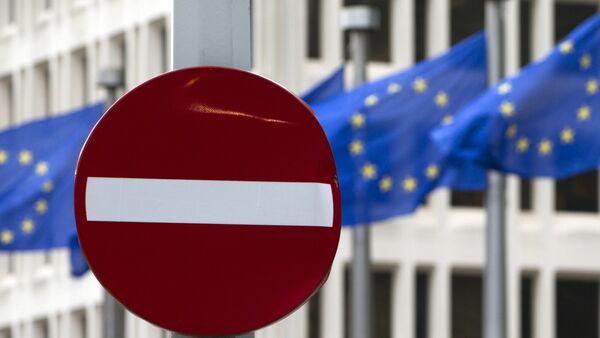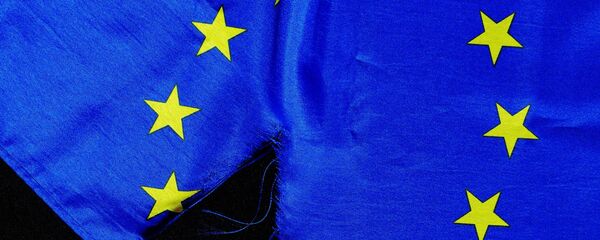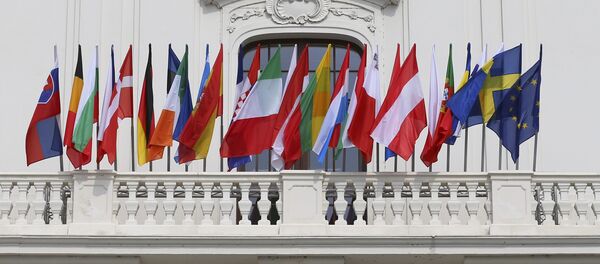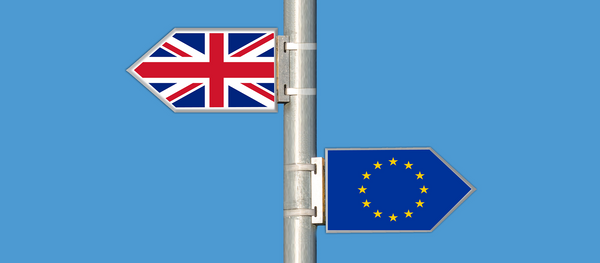"[Those] who build fences against refugees like Hungary does, or who violate press freedom and judicial independence, should be excluded temporarily or forever from the EU," the politician said.
Asselborn’s stance demonstrates a rift which appeared a year ago between the founding members of the bloc (France, Germany and the Benelux nations) and former members of the Soviet bloc, French scholar and defense analyst Cyrille Bret said.
According to him, there are three main stumbling blocks between the two opposing camps.
Second, those countries stand for preserving Europe’s Christian identity amid a growing number of Muslim communities.
Finally, they have a different stance on the federalization of Europe. Those countries do not want to lose their sovereignty to the EU bureaucracy.
The Visegrad Group members are antifederal and Eurosceptic. Previously, Britain held the same position, Bret said in an interview with Atlantico.
"The dilemma is clear. There are two opposing camps – the founding members standing for the fundamental European values, against those prioritizing national interests over all," political scientist Florent Parmentier pointed out.
"I don’t’ support the hypothesis that the contemporary European system will soon collapse. But Brexit is the turning point in European history. It plays in the hands of those who use Europhobia as the principal argument and take part in elections," he told Atlantico.
Brexit has challenged once the indisputable truth that no country would leave the EU by its own free will. The future of the united Europe will depend on how Britain deals with Brexit, Parmantier said.
"The European Union should decide how it will further develop and which project it will maintain. The problem is that the EU is now divided, but the status quo is not the best option," he concluded.







